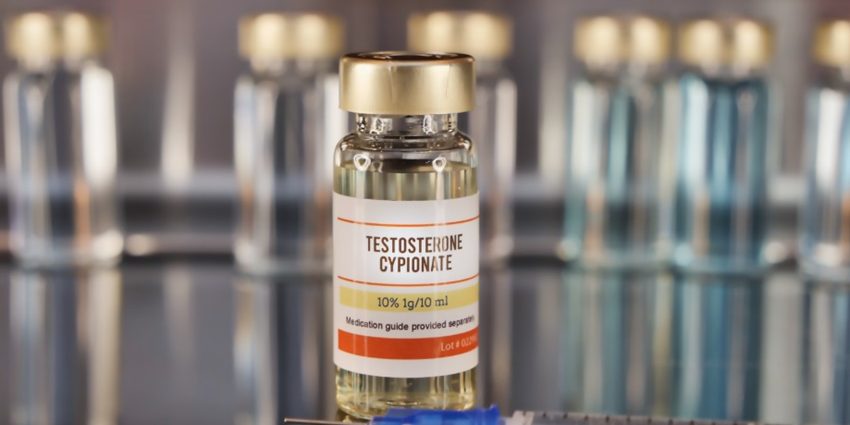Low testosterone levels can significantly impact your health and quality of life. If you’re wondering whether you might benefit from testosterone replacement therapy in Atlanta, understanding the signs and symptoms is a critical first step. From physical changes to emotional challenges, there are clear indicators that it might be time to consider this option.
Common Symptoms of Low Testosterone
Testosterone plays a vital role in maintaining physical and mental well-being in men. When levels dip below normal, many symptoms can appear that can impact various aspects of life.
- Decreased Energy Levels
One of the most noticeable signs of low testosterone is persistent fatigue. If you feel drained even after a full night’s sleep, your hormonal levels might be at fault. Energy loss is not simply a result of aging—it could mean your body is not producing enough testosterone to sustain daily function.
- Trouble Gaining or Maintaining Muscle
Despite hitting the gym regularly, are you struggling to see results? Testosterone is essential for muscle growth and recovery. A decline in this hormone might cause muscle mass to decrease, no matter how intense your workouts are.
- Reduced Libido and Sexual Performance
Another common sign that testosterone might be low is a decrease in sexual desire or performance. If you’ve noticed a dip in your libido or have difficulty achieving or maintaining an erection, it could be time to explore options to restore balance.
Learn more about ideal timing and considerations regarding when to start testosterone replacement therapy if these issues are affecting your life.
Emotional and Cognitive Changes to Watch
The signs of low testosterone are not only physical—they can also impact your mood and mental clarity. Emotional changes, in particular, can be a telltale sign.
- Mood Swings and Depression
Testosterone is closely tied to brain function, influencing emotions and mental health. If you’re experiencing mood swings, increased irritability, or a lingering sense of sadness, your hormone levels might be to blame. Low testosterone often triggers or worsens conditions like anxiety and depression.
- Difficulty Focusing
Lack of focus and mental fog can also result from low testosterone. If you’re finding it harder to concentrate or complete mental tasks, hormonal imbalance might be interfering with your cognitive abilities.
Benefits of Seeking Treatment
Recognizing and addressing these symptoms can make a lasting difference. Testosterone replacement therapy is designed to restore balance and improve your quality of life. According to this article on how TRT improves life, treatment can lead to increases in energy levels, improved sexual performance, greater muscle strength, and a more stable mood.
When considered under the guidance of trained professionals, this approach can help you reclaim both your physical and mental vitality.
Is It Time to Take Action?
Low testosterone levels can diminish your ability to live life to the fullest. If you’ve identified with the symptoms discussed above, it may be worth exploring your treatment options. Reclaiming your health and confidence starts with understanding and addressing the root cause. Meeting with a specialist can help you determine whether testosterone replacement therapy is right for you.
Conclusion
Pay attention to your body’s signals. Taking steps to restore your health today can lead to long-term benefits for years to come. Don’t let low testosterone hold you back from living the life you deserve. Take action and reclaim your vitality.


Comments are closed, but trackbacks and pingbacks are open.